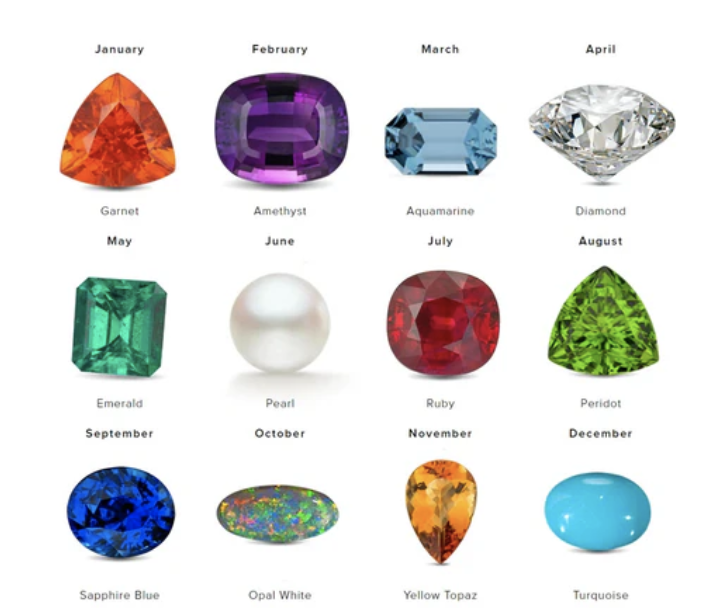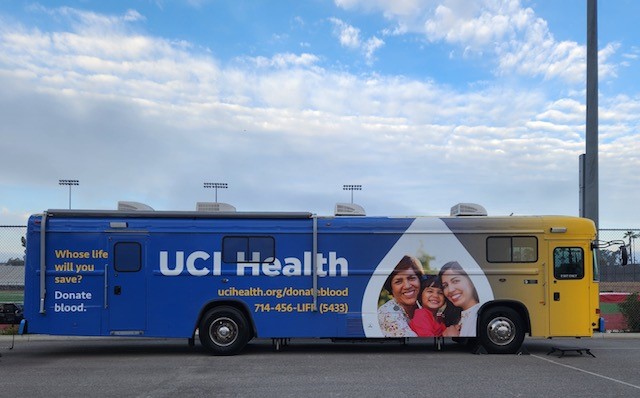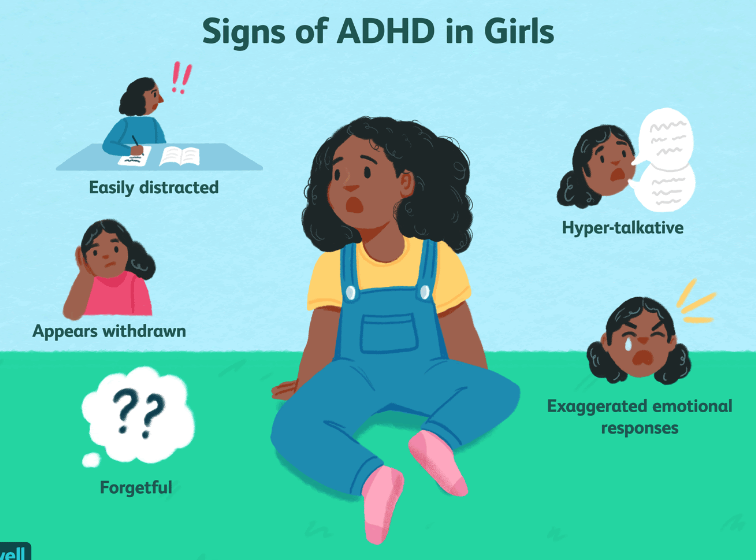Why Girls With ADHD Often Go Undiagnosed
Generally, people associate ADHD with hyperactivity and inability to sit still; however, these symptoms are typically seen in boys. Due to the disregard of common symptoms in girls, such as forgetfulness and intense emotions, many girls live a difficult life undiagnosed.
December 18, 2020
When someone expresses they have Attention-Deficit/Hyperactivity Disorder, or more commonly known as ADHD, most typically picture the kid in class who has trouble focusing, or staying still for the entirety of a class period, as this is the depiction of ADHD throughout society. Mayo Clinic also defines ADHD with the same characteristics: “ADHD includes a combination of persistent problems, such as difficulty sustaining attention, hyperactivity and impulsive behavior.”
While it may be true that these are usual symptoms accompanied by the very common chronic condition, these specific symptoms are often present in boys rather than girls. Due to the lack of awareness regarding other symptoms of ADHD exclusive to females, girls who unknowingly suffer from a condition that affects millions around the world, commonly struggle throughout life undiagnosed.
In comparison to boys with ADHD, girls do not show harsh behavioral problems and, overall, their symptoms are more subtle. Often, girls’ symptoms are internalized, as they do not disrupt class, but instead struggle with turning in assignments on time, and appear all together forgetful. Because their symptoms are not the recognizable distinction of ADHD, boys are three more times likely to be diagnosed with the condition than girls (CDC). In fact, girls with the condition are diagnosed, on average, five years later than boys, with boys being diagnosed at seven, and girls diagnosed at twelve (Understood).
These unrecognized symptoms that often go unnoticed by parents and teachers include:
- being withdrawn
- low self-esteem
- anxiety
- intellectual impairment
- difficulty with academic achievement
- inattentiveness or a tendency to “daydream”
- trouble focusing
- appearing not to listen
- verbal aggression, such as teasing, taunting, or name-calling
As a result of being undiagnosed, many girls will hold their frustrations stemming from their condition in, rather than externalizing anger like most boys with ADHD commonly do. Typically, girls will blame themselves, ultimately internalizing their pain. Unfortunately, this can create long-lasting problems, such as lack of self-esteem, depression, anxiety, and eating disorders (Child Mind Institute).

ADHD is a very common condition, with more than three million cases in the United States each year (Mayo Clinic). Treatments such as medications and therapy are available to mitigate the severity of the conditions, but there remains no cure. For girls, the likelihood of detecting this common disorder is disproportionate to boys, as female symptoms are far less noticeable, so the likelihood of not receiving proper treatment to combat this disorder is far greater.
Due to this lack of understanding surrounding girls with ADHD, teachers and parents must understand the symptoms explicit to girls with the condition, as living undiagnosed can have severe effects on their lives. From lacking the proper accommodations necessary in school to dealing with serious mental health problems, not receiving the proper treatments among girls with ADHD can lead to a very difficult life.
Olivia Yerkes (12), a Yorba Linda High School student who has a basic understanding of the disorder, attests that she too “always thought ADHD meant someone was hyperactive and struggled with focusing.” Through educating oneself and learning about the differences between boys and girls with ADHD, diagnoses of ADHD in girls can occur far earlier, saving them from a lifetime of struggles.








































Karina Shah • Jan 23, 2021 at 12:39 PM
Thank you for bringing awareness and providing good information to help us learn about this super important subject.
Anita Tun • Jan 21, 2021 at 4:12 PM
Very informative article, thank you for raising awareness on this topic!
Kylie de Best • Jan 15, 2021 at 2:43 PM
I have quite a few friends that have ADHD, and I am glad you brought awareness about this because many people think people with ADHD are annoying or crazy because they aren’t aware they have it and how it affects their brain.
Suhani Bhanvadia • Jan 10, 2021 at 2:14 PM
This was super interesting! I personally don’t know much about ADHD and other similar disorders, but when considering the possible side effects/symptoms, it’s surprising how many people might have it without knowing.
Sharon Sun • Dec 19, 2020 at 10:12 AM
Hey Riley, this was a really in-depth and detailed article! I appreciate the list of systems you included, and I definitely agree that the different ways in which girls respond to ADHD more subtly than boys affect their diagnosis since the condition goes more or less unnoticed.